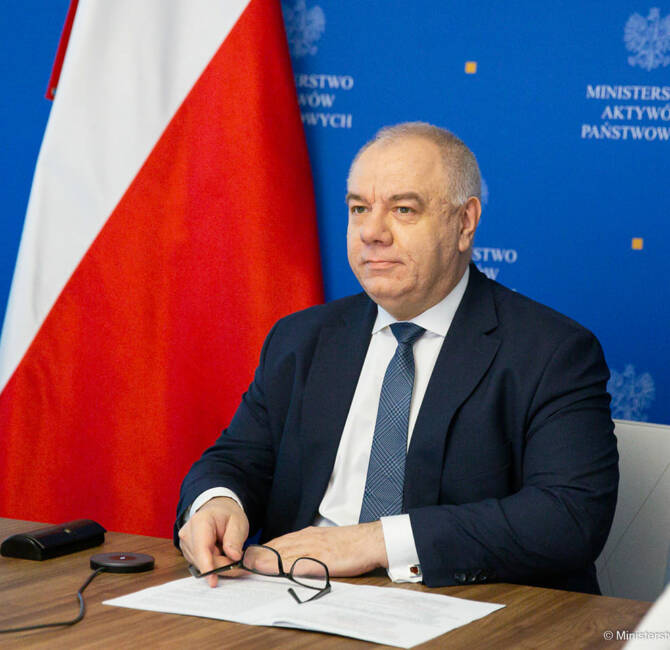Czechia – Covid-19, the Russian–Ukrainian war, and the energy crisis had pushed the issue of illegal immigration to the back burner, but Czechia’s newest statistics show that it is still present and getting worse.
According to Czech police figures, the number of migrants staying illegally in Czechia rose from 11,170 in 2021 to 29,235 in 2022, up 161% over one year. This compares with a figure of only 4,992 in 2018.
In addition, the number of illegal immigrants arrested by the Czech police is now six times higher than it was during the great migration crisis of 2015, with those arrested being mainly Syrians, Turks, Afghans, Moroccans, and Iraqis.
It should also be noted that among the 140 migrant smugglers apprehended by the Czech authorities in 2022, there were 59 Ukrainians, 43 Syrians, 38 Czechs, 14 Georgians, and 13 Turks. The large proportion of Ukrainian nationals among people smugglers seems to be linked to the war in Ukraine and to the EU having opened its borders to Ukrainian refugees, with Ukrainian smugglers taking advantage of the situation to enter freely the European Union.
More generally, now that the Covid-era border controls have been lifted since the beginning of the war in Ukraine, many migrants are again trying their luck. While some continue to travel on the Balkan Route from Turkey through Serbia to Croatia and Hungary, others come directly by plane to Serbia, taking advantage of the visa-free regimes between Serbia and countries like India, Burundi, Tunisia, and Cuba. Once in Serbia, many will cross to the Schengen area with the help of smuggling networks.
Hungary is suffering a significant increase in violence at the border and has been sounding the alarm on this issue since the summer, while German shelters are also experiencing a dramatic increase in new arrivals (140% compared to 2021). Despite this, the EU institutions keep fighting the systematic deportation of illegal immigrants intercepted by Hungary. In response to Brussels’ stance on illegal immigration, Austria, Hungary, and Serbia have now formed a working group to deal with this reactivation of the Balkan route.
Apart from being one of the countries that has received the largest numbers of Ukrainian refugees in proportion to its own population, Czechia is thus experiencing record migratory pressure from non-European countries. Most of those migrants, however, are just transiting through on their way to Germany or some other Western European country.




